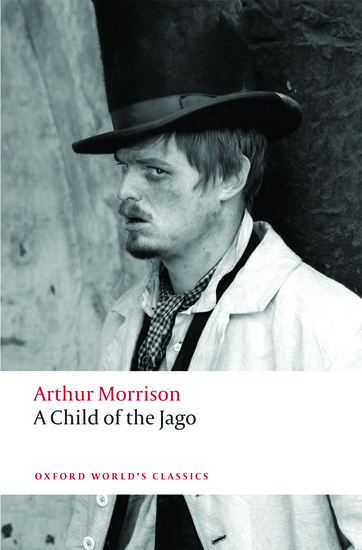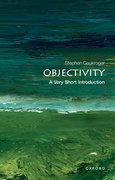In the footsteps of Alfred Russel Wallace with Bill Bailey
On Sunday 29 July 2013, we headed off to Wallacea for three weeks to assist comedian Bill Bailey with a documentary he is presenting about Alfred Russel Wallace. George, the Natural History Museum’s Curator of Orthopteroid Insects, acted as the Historical Consultant.







